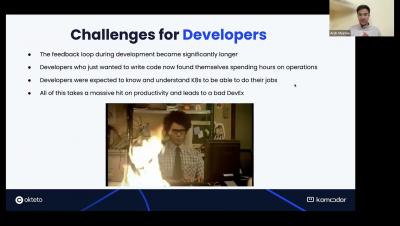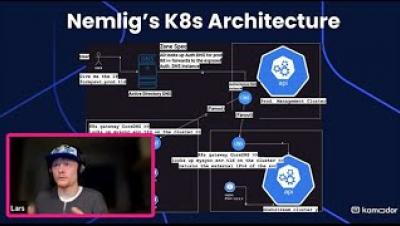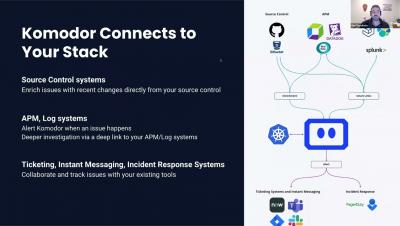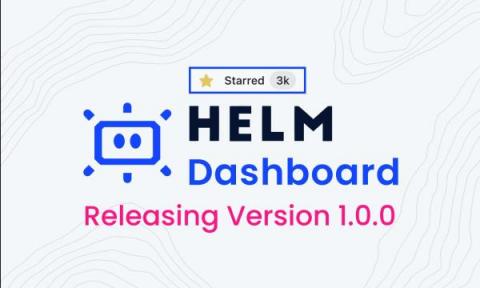From Containers to Kubernetes: A Roadmap for Migrating Your Applications Successfully
Kubernetes is essential to modern application development and runtime. As a powerful container orchestration platform, its benefits include improved scalability, portability, and automation, all of which contribute to more resilient applications and cost savings. More and more organizations are adopting Kubernetes to develop applications that can scale, recover from failures, and quickly adapt to changing business requirements.











